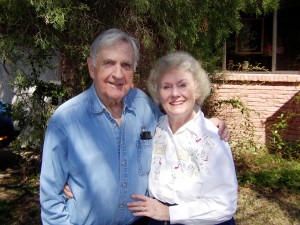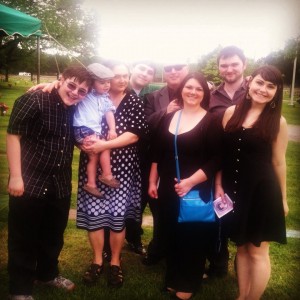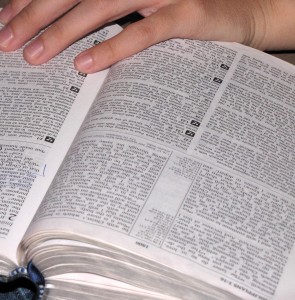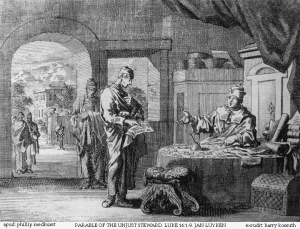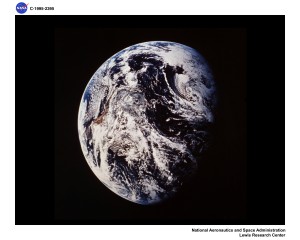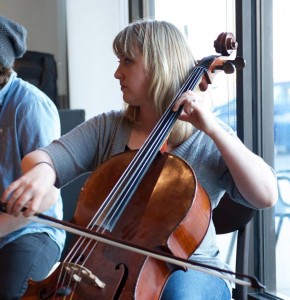Three years.
Much can happen in that amount of time. Much has happened.
There has been life and there has been death. There have been a few acceptances and many rejections. There has been writing and rewriting and yet rewriting again of a book. There has been much learning and much reading and much perfecting of my craft.
Much can also remain the same in that amount of time.
I still discipline myself to write almost every day. I still polish enough words to publish in this space once a week. I still believe that I am in a season of very little ones where I am waiting, practicing and learning and refining my art.
Another element that remains the same is my fear. I am learning that no matter how long I have been writing, it is still a frightening thing to release my words, that deeply vulnerable piece of myself, into a world that seems increasingly venomous. I am also learning that no matter how much encouragement I get, I am still mostly convinced that my skill is substandard, clumsy, inept.
I am grateful when someone says that I spoke to them, that my words helped to heal or encourage their heart. I am reminded that, as much as I may sometimes desire to reach the many, God is concerned with the particular. One is as important as the whole.
I get restless at times. I find myself chasing after something in the world of writing instead of just diligently writing and waiting on God, and I have to ask Him to reign me back in. I want to spend time at writing conferences. I want to publish my book. I want to have my articles accepted into magazines and journals. I want to write epically and impact the world for God.
Yet most of the time I am content with what God gives to me. For truly, I am not ready for much responsibility and must continue to show myself faithful with the little that I am given. I am content to put in the time so that I can learn how to make my words sing. I am content to continue to read and study so that I have the substance to place within those words that will sing. I am content to dwell in this moment, this moment in which my little ones are so very little, which won’t last for always.
So here I am. Three years later. Much has changed. Much has remained the same.
One fundamental that has not changed? The One I am writing for. And so, once again, I will end as I began:
Whatever the reason for my writing, here I am in this space. I will continue to obey, even though it is hard and often causes my heart to feel fear. I will write. God will listen. I pray He will continue to be pleased.

